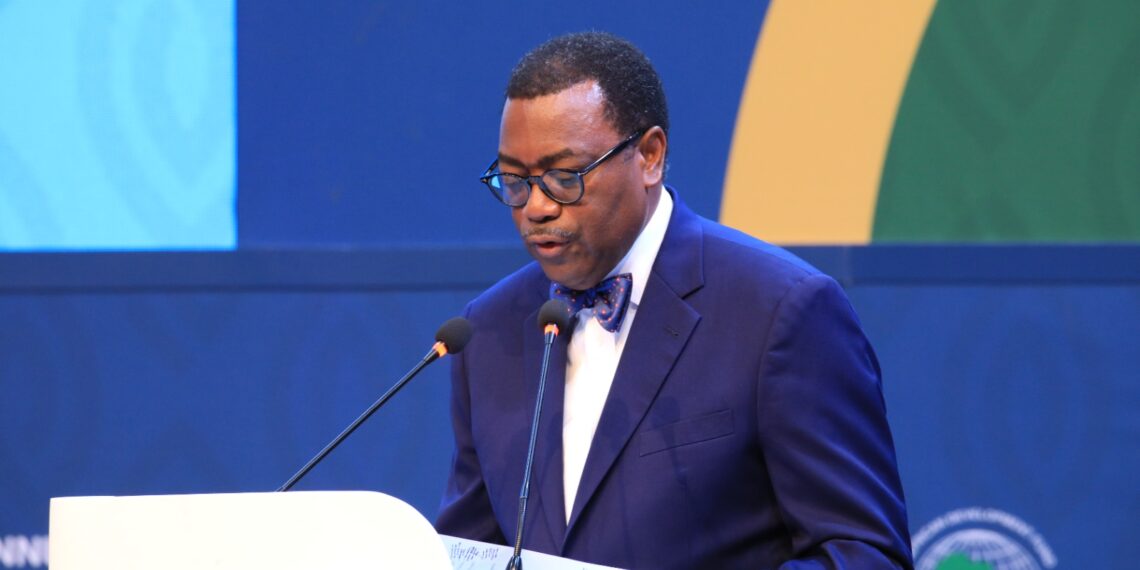
Stakeholders advocate integration of tuberculosis into health insurance
- Health Sector
- No Comment
- 296
Stakeholders in the health space have advocated for the integration of (TB) into the health insurance system at the central and state level.
According to them, this will ramp up domestic resource mobilisation to tackle the menace of TB across the country, which still has a funding gap of 70 percent.
They noted that of the 30 percent funds utilised for TB in 2019, 23 percent of the fund came from international partners, while a meagre 7 percent was domestically sourced.
Speaking during a session sponsored by the Stop TB Partnership, USAID, and the Nigeria Parliamentary TB caucus, at the 4th Annual Legislative Summit on Health on Monday in Abuja, Rt. Hon. Dr Emeka Ogbuabor, a Board Member of Stop TB Partnership, also called for philanthropic financing for TB in health insurance.
He said: “Globally, tuberculosis is the number one killer among the top 10 causes of deaths, and about 1.9 billion people globally are infected with tuberculosis. Every year, about 10 million people develop TB, including one million children, and over 800,000 persons living with HIV/AIDS. Nearly 500,000 people develop the variant of TB called the multi-drug resistant tuberculosis (M-DRTB), and unfortunately, only one in three people receive treatment.
“Nigeria ranks 6th among the 30 high burden countries globally, and first in Africa as far as TB are concerned. We contribute about 11 percent of the global gap in the number of new TB cases, and after 440,000 estimated TB cases in Nigeria, we are only able to notify 27 percent. So where are over 70 percent of TB cases?
“An estimated 18 people die per hour of TB-related diseases, and that means we have 432 persons dying from TB everyday in Nigeria. Yet, we have about a 70 percent funding gap. Of the 30 percent funds we have used in 2019, 23 percent were developmental assistance funds; only 7 percent were domestically mobilisers.
“This is a call to action to prioritise tuberculosis within the context of Universal Health Coverage (UHC), such that we can achieve the health gain which translates to increased treatment success rates for TB, responsive TB treatment facilities and financial protection from hardship as a result of TB treatment.
“From the UHC perspective, that means we need to increase coverage, improve access and use, and then improve quality of TB care. This way we can guarantee improved TB outcomes.”
He added: “One of the key challenges today in TB domestic resources mobilization is how to integrate TB into the health insurance schemes. Many states have not done their actuarial analysis and cannot say how much it would cost additionally on their premium to support this process.
“How can we get the various state legislatures to include this in their agenda, and interface with their various state governments to get the required funds to do an actuarial study to find out how much it will cost, and use it as an advocacy tool to push for the equity funds to be released and fill the funding gap.
“If you look at the local government system, you will realise that very few local government areas have invested in TB. Not many states have put their money to TB. We need not just budgeting for TB, but the actual releases.
“The Anambra model of adoption that was used in mobilising resources for the state health insurance can be adopted even as we integrate TB into the health insurance schemes. I am sure there are philanthropists who would like to explore this altruistic financing to put in money.”
In his remarks, the Executive Secretary of the Osun Health Insurance Scheme (OHIS) Dr. Niyi Ogini, said: “One of the ways to horizontalise vertical programmes in health is the integration of tuberculosis with the states’ social health insurance schemes, and we have started that in our state, collaborating with consultants from the USAID that is working on that. We have conducted the actuarial costing of the integration process and costed what it will be to take care of the multi drug-resistant and non-drug-resistant tuberculosis.
“As I speak, we have started enrollment of the people that are living with tuberculosis on treatment. We have started enrolling them because most of them are vulnerable, and have also started being enrolled on the basic health care provision fund and the equity program of the state.
“This is something I believe we should carry out to the national level so that every state will have support to integrate the people that are living with tuberculosis into their social health insurance program. That way, case-finding will be more effective and we will be able to take care of the over 70 percent of people living with tuberculosis that are yet to be identified and commenced on treatment.”
Written By Moses Emorinken
Source: The Nation
Link: https://thenationonlineng.net/stakeholders-advocate-integration-of-tuberculosis-into-health-insurance/






